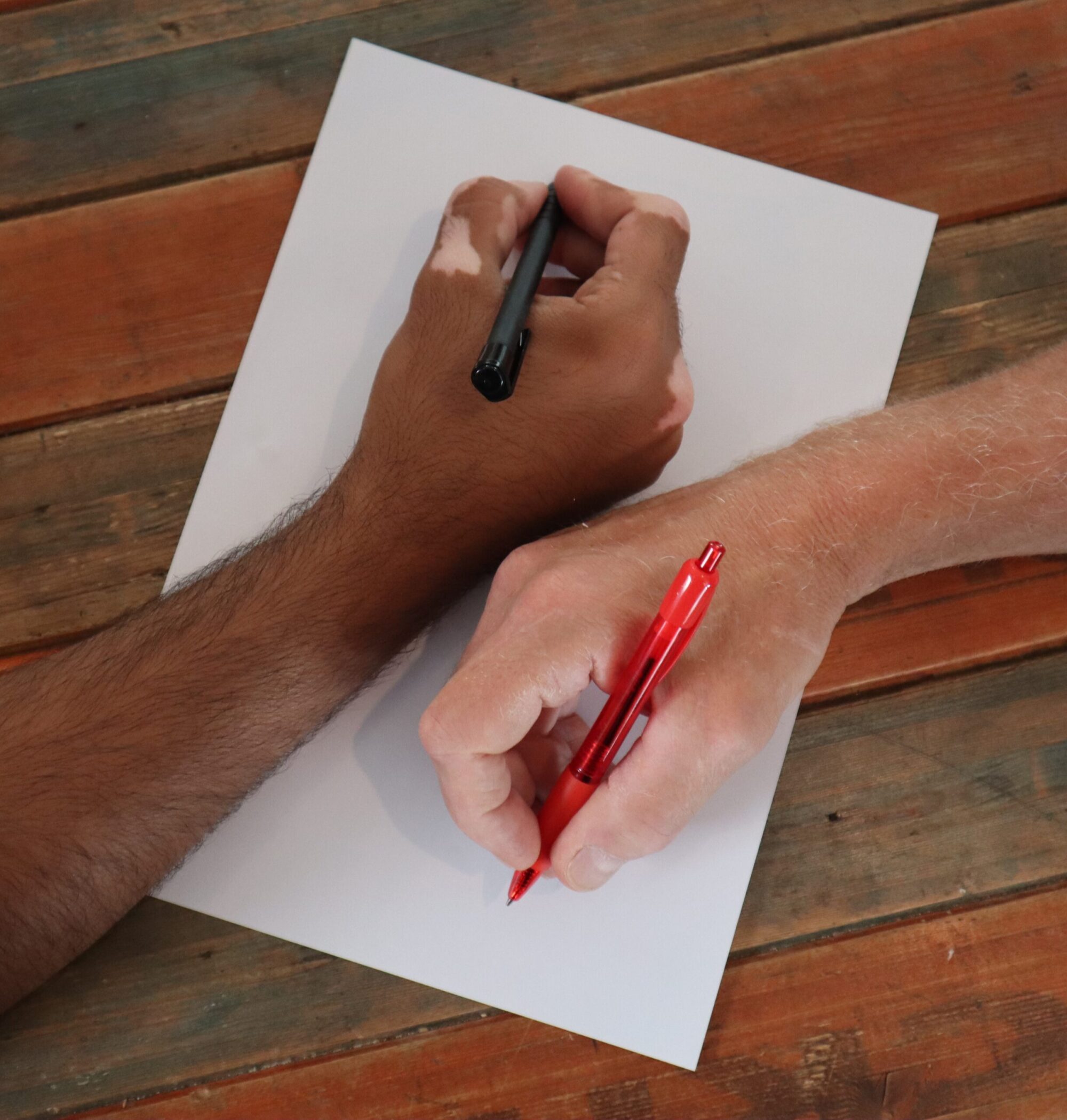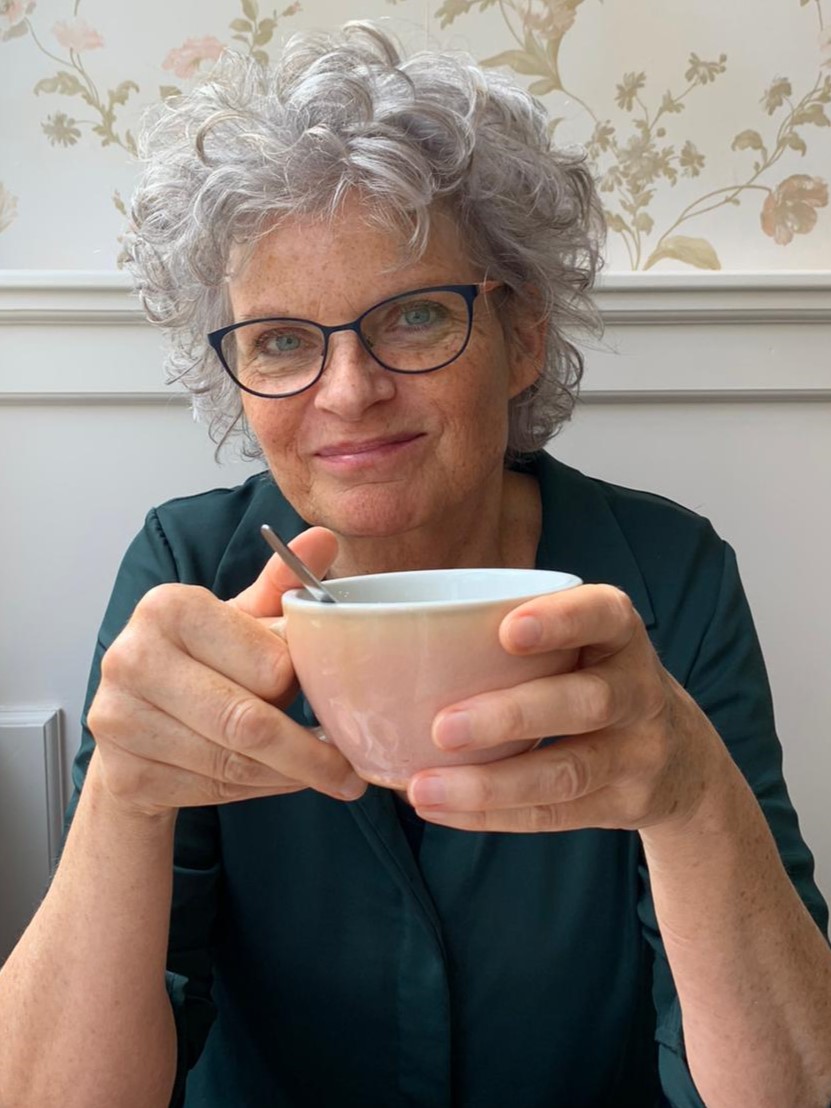Week 5: Close to home

In ‘Close to home’ Yemeni refugee Ali* and host Robert share their experiences living together. There will be weekly posts about the ups and downs, difficulties, highlights and surprises. This week they talk about the differences in neighbourhood.
*not his real name.
Robert is many things, dad, dog-lover, Director of Takecarebnb, an organisation that matches newcomers to host families. Every day, he convinces Dutch host families to offer temporary places of stays for refugees with a status. Now that his youngest daughter has passed her final exams, it’s time to put his words into action.
Ali is a refugee from Yemen with big dreams. He loves poetry, chess and can solve a Rubik’s cube in less than a minute. He spent time studying and working in India when it became clear he could not return to Yemen. When travelling to Europe as part of a conference, he visited The Netherlands and knew he wanted to stay.
Ali: Relationships are the most important thing in humans, and I believe it is what makes them human. I have been trying to figure out the puzzle and how things work here. For example, a relationship with the neighbour is one of the relationships that we in Yemen really care about. The neighbour is like family, and I can always go to them for help. In Yemen, our house is said to begin with the seventh house next to ours. Things are different in The Netherlands, neighbours can be strangers for long stretches of time.
Robert: A few days before Ali arrived for his three month stay I delivered a letter in my neighbours’ mailboxes introducing him and telling them not to be surprised if they see a stranger entering or leaving my house. I expected some response, some positive response. Yet nothing happened, zero reaction. They apparently only took notice of it. And maybe that is exemplary for how most of my fellow countrymen react. While some have an outspoken opinion about refugees, either positive (we are all world citizens/children of god) or negative (fortune seekers!), the majority have moderate ideas, somewhere along the lines of ‘yes we should offer a safe place to those who are really in need but no we cannot open our borders for everyone’.
Robert (cont.): And that’s fine with me (although it leaves the question of what ‘really in need’ and ‘everyone’ means in practice).
Ali: When I go for a walk in my new neighbourhood, I always make an effort to smile at everyone. Try to take advantage of every opportunity to speak with them and possibly tell them more about myself. When I went to the dentist, for example, the receptionist was surprised to see a Yemeni in that village. So I had to explain to her why I was there, that I’m a refugee living with a Dutch family who is helping me feel at home again. I had some interesting conversations with two of the neighbours, but not with the one next door. I’ve been living with Roberts for over a month and still don’t know the names of my neighbours; I would like to change that, so I’m going to do it the Yemeni way and go knock on their doors and introduce myself with homemade cookies :). Checking in on neighbours to see how they are doing or if they need anything is something I grew up with, and I would like to keep it that way, as well as integrate it into Dutch society.
Robert: At the local market Ali and I spoke to an acquaintance of mine. Yes, she knew a kid who was really good at chess and was willing to play with Ali. Responding to a practical request for help, that is something us Dutch are good at, probably better at than opening our hearts or our homes for strangers. We would rather bring someone a meal than invite them to our table. As a people we are pretty withdrawn. We take care of our own. What I like about having Ali as a guest this summer: he is gradually becoming ‘one of my own’. And just like the other ‘ones of my own’, my children I mean, he puts ketchup on my carefully spiced meal and eats the last cookie in the jar. I asked Ali to make himself at home. And that’s what he does. Hanging on the couch, playing online chess with that kid. It’s great to be able to offer Ali a place where he can do just that: feel at home.
Next time on ‘Close to Home’… how do Ali and Robert understand holidays and celebrations? What can they learn from each other?


